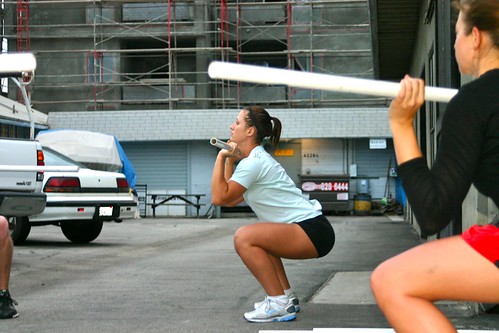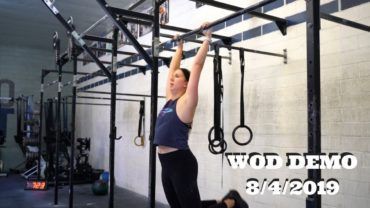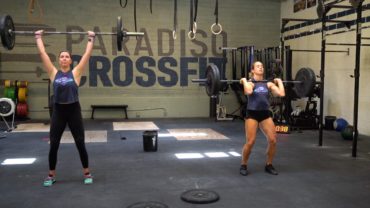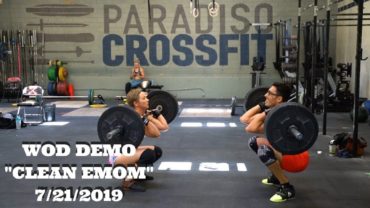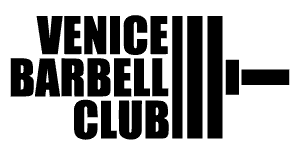Don’t Be Hatin’
For time:
Row 500 meters
Body weight Bench press, 30 reps
Row 1000 meters
Body weight Bench press, 20 reps
Row 2000 meters
Body weight Bench press, 10 reps
Kristin Clever 23:55. Post time to comments.
Some food for thought while you’re stuck on the rower.
Check out this six part series on Row Corrections with Greg Hammond: Part 1, Part 2, Part 3, Part 4, Part 5, Part 6.
We don’t see too much of the bench press in CrossFit. Instead, we see more push ups and overhead lifts.
Reading Mark Rippetoe’s article on the topic brings to light some very interesting points on this classic lift.
The bench press is the best exercise for absolute strength in the upper body, because it allows the lifter to move heavier weights with the arms than any other exercise. It should be included in every barbell training program. But it is not the only lift we should do, and it frequently gets used as though it is. Benching provides hard active work for the chest, shoulders, and arms and isometric work for the forearms, and it trains novice lifters well in the fundamental skill of pushing on a very heavy load. This last may be its most useful function. When people first start training, they have no experience with maximal effort. The vast majority of humans on this planet have never had to push really, really hard on anything, and that is a skill that should be developed, along with cooking, critical thinking, and interpersonal relations. The bench press is a very good place to learn how to bear down and push hard, and this invaluable lesson translates to all the other slow lifts quite well. This is because the bench press is relatively simple to do and, once learned correctly, involves not much more than this: pushing very hard on something that is moving rather slowly because it is very damned heavy…
…The (shoulder) press involves the entire body down to the floor, and while this makes it a better exercise overall, it also means that some extraneous movement will occur in the supporting segment secondary to the prime movers used in the exercise. The bench press allows you to focus on the push itself, without having to worry about controlling much of the rest of the body at the same time.
This allows you to bench press more weight than you can press. The two exercises thus provide balance in a couple of ways: the bench press works the anterior shoulder girdle and chest, while the press works the medial and posterior shoulder and the posterior stabilizers (click here for shoulder anatomy). The bench press works on raw “push” while the press trains total body stability while pushing. Both are best done without a lot of unnecessary drama.





